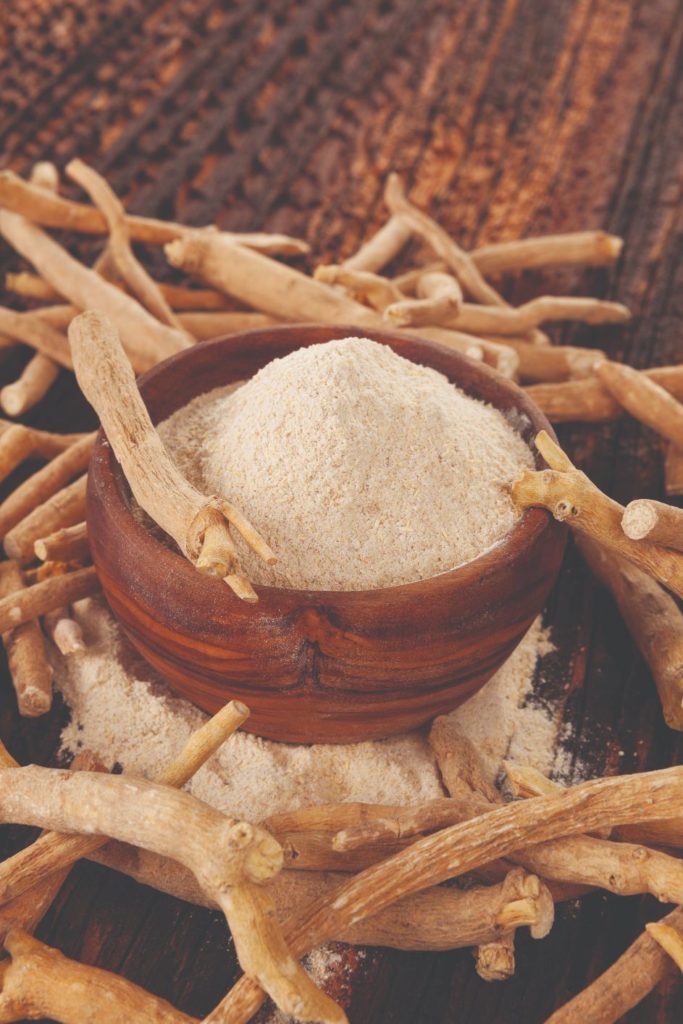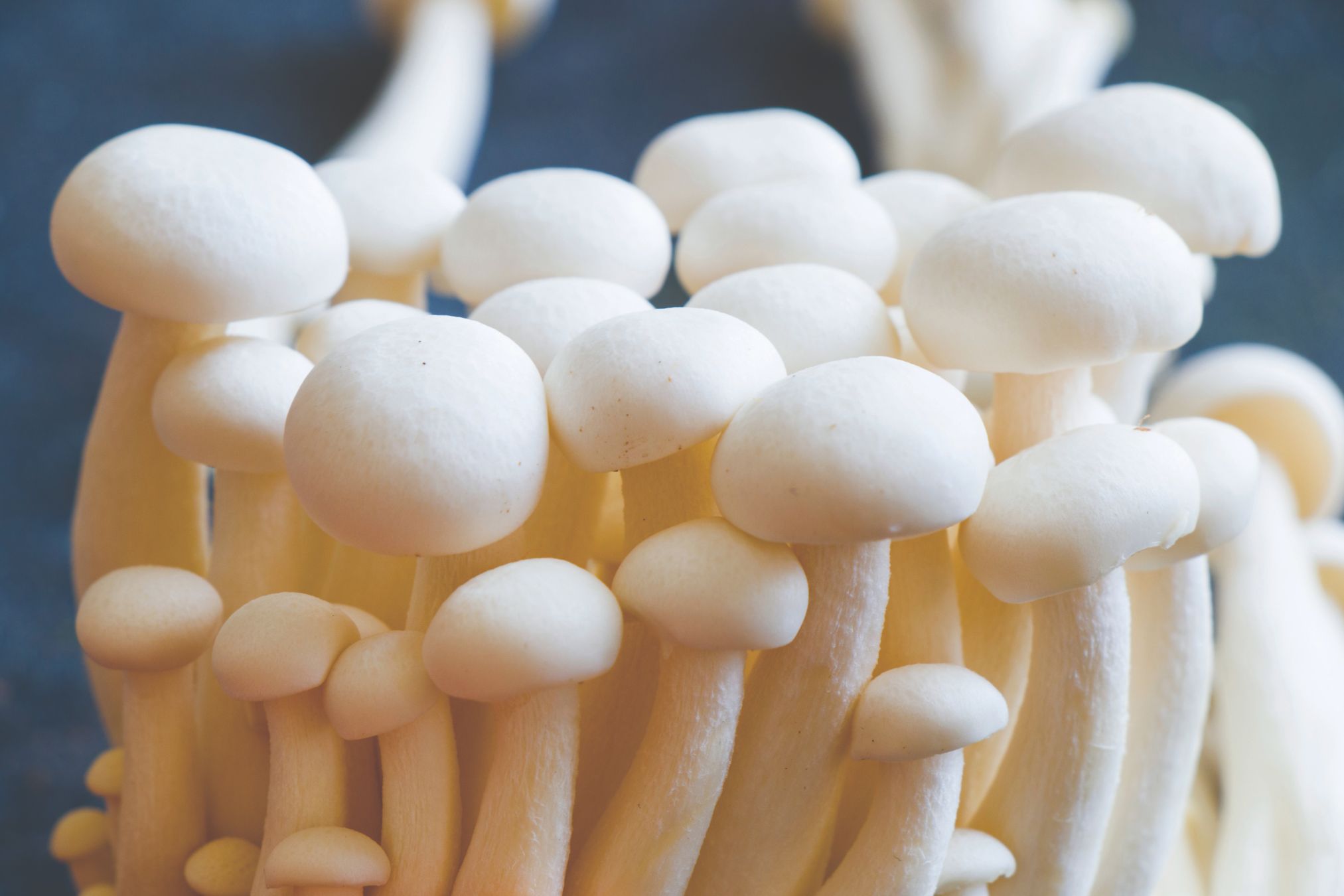We already know some of the habits that can help keep our heath on track, like eating well, working out regularly, and sleeping enough. But there are also a variety of supplements and ingredients that can boost our wellbeing or provide an alternative way to help with chronic conditions, like arthritis.
“I believe alternatives are appealing to people as medications cause both undesirable side effects and sometimes decreased efficacy after years of use,” says Monisha Bhanote, MD, FCAP, a quadruple board-certified physician who is based in Florida and practices telehealth in New York, New Jersey, Pennsylvania and California. “Many of the patients that come to me have been in and out of doctors’ offices for years. They have been provided options that maybe did not fit into their lifestyles and ultimately did not make them feel good.”
Joseph Feuerstein, MD, director of integrative medicine at Stamford Health and assistant professor of integrative medicine at Columbia University, who treats patients with chronic medical conditions, says that often with these types of conditions, patients have to be on medications long-term. And, frequently, when you’re on multiple medications for multiple ailments, that’s when you may experience interactions and side effects.
“People are now looking for a more gentle, natural, effective way to treat chronic medical conditions because in the chronic setting, herbs are going to be much more useful,” explains Feuerstein. “There are very few herbs that are going to work in a fast, acute setting where you need something to happen immediately. Herbs are not designed for that. Herbs are more gentle, so that’s when you can really have an impact on natural approaches for chronic conditions.”
Here are a few ingredients and supplements to keep on your radar.
SPIRULINA
“This is a powerful plant-based ingredient that has potent anti-inflammatory, antioxidant, and brain protective effects due to its ingredient phycocyanin, found in blue-green algae,” explains Bhanote. It usually comes in a powder form, and can be incorporated into your routine by adding it to smoothies or recipes like rice pudding, Bhanote says. Keep in mind though:
“Individuals with bleeding disorders should take caution with using this supplement,” she says.
ASIAN MUSHROOMS
You’ve likely heard of people adding mush- room extract to their coffee—and it’s for good reason. Feuerstein explains that large population studies in Asia, specifically in Japan, suggest that people eating lots of Asian mushrooms, have a reduced incidence of all mortality, from all cancers. “This is likely due to the carbohydrate substances in Asian mushrooms called beta-glucans, which, as theories suggest, work by stimulating the part of the immune system that’s important in tumor surveillance,” he says. So in the same way that the immune system works to find and fight off bacteria and viruses, it also does that with tumors. The beta-glucans are “actually stimulating the natural killer cells of the immune system to try and increase their level of activity—and we
believe that is why they seem to have an effect on reducing the incidence of cancer in studies,” he explains. And while there haven’t been any randomized controlled studies—the gold standard when it comes to research—Feuerstein recommends that everyone in his practice with a history of any type of cancer take Asian mushroom extract. That means mushrooms like shitake and reishi, not American varieties, like button mushrooms, he says. You can take it as a pharmaceutical grade supplement, or you can incorporate it through food. “Having Asian mushrooms in lots of your soups and broths is a good idea because that’s how they are naturally used,” he says.

BOSWELLIA SERRATA
This Indian herb is an anti-inflammatory, thanks to one of its active ingredients, boswellic acid. “It actually has effects on the inflammation cascade,” says Feuerstein, who points out that while inflammation itself isn’t bad, over inflammation is. “Remember, inflammation in the body is caused by a series of chemicals being released. And one switches on the next, switches on the next, and that’s the inflammation cascade.” Clinical studies have shown that boswellia serrata “is shown to be useful in joint pain and inflammation,” explains Feuerstein. Taken as a pharmaceutical grade supplement—ensuring that boswellic acid is present— Feuerstein says he finds it works as well as turmeric or ginger as an anti-inflammatory. He uses the herb regularly for patients with pain, like arthritis, as well as, more recently, post-Covid-19 patients who have prolonged joint and chest pain. If you’re taking other anti-inflammatory meds or are on blood thinners, there could be an interaction, says Feuerstein, so check with your doctor.
ASHWAGANDHA
“The roots and berry of this small ever- green shrub grown in India can help the body combat stress, calm the mind, and increase energy,” explains Bhanote of this common Ayurvedic adaptogen. “It has even been noted to promote muscle strength and libido.” Feuerstein adds: “We use it a lot for sleep and to improve resilience of the body.” He explains that that ashwagandha increases levels of GABA, a neurotransmitter that’s key to calming the body and brain. Bhanote says that ashwagandha is available both as a tablet and a powder. When buying, Feuerstein says to be sure it’s a standardized extract that contains withanolide, a compound found in ashwaghganda that ensures you’re getting the real thing. Similar to many herbs, Bhanote notes that ashwagandha isn’t for everyone, and be sure to talk with your doctor first.
Before adding any herb or supplement to your routine, be sure to talk with your physician to let them know what you want take and to ensure there are no interactions, say experts. “Herbs can interact with other herbs, and herbs can interact with medications, and so the idea that this is all some kind of natural, easy candy that’s harmless is absolutely false,” says Feuerstein. He applauds the idea of owning your health and looking for alternatives, but says consulting with your physician is key.



